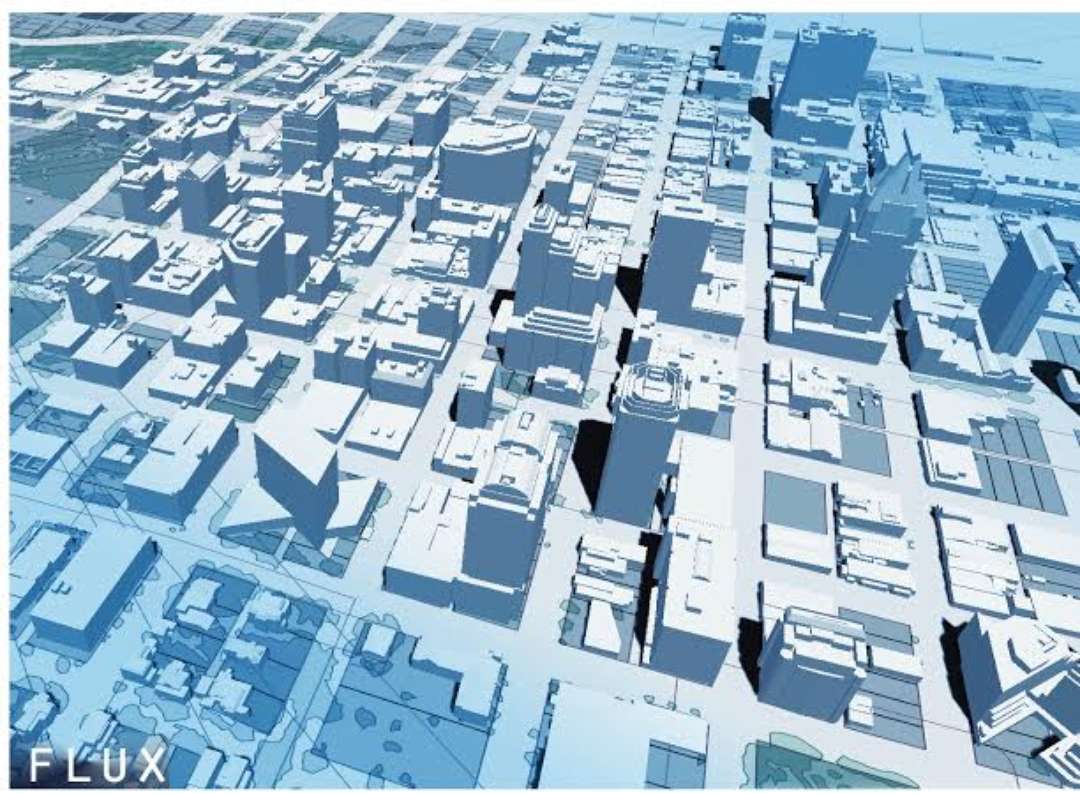USA (San Francisco)
We’re struggling to house people sustainably. Rents have gone crazy high in cities from San Francisco to London, housing is beyond substandard in favelas and slums, and buildings are carbon-unfriendly gas-guzzlers. By 2050 our urban population is going to double, increasing by 3.3 billion. And most will be poor.
As 70% of the world’s population will live in cities, the building industry needs to go through a massive transition. To reduce the environmental footprint of buildings – which account for 40% of all carbon emissions in the US – three ex-Google engineers and a leading architect have built a platform with online-based planning applications to help architects and engineers design cities better and quicker, without wreaking havoc on the planet.
Flux is the first start up to spin out of Google[x], the semi-secret research ‘moonshot’ lab identifying the world’s most pressing problems. The software provides data about requirements of new buildings and the basic tools to design the building itself, as well as divulging information on regulations, codes, materials, and widgets that calculate emissions. This means construction can be streamlined in an efficient way, especially skyscrapers and large buildings. These analytics can be used to reimagine building design, harnessing shared knowledge and ideas to build eco-friendly homes and a sustainable future for the construction industry – improving the places we live and work.
Flux was mapped by Alastair Parvin, co-founder of WikiHouse in his AtlasChart Top 5. Read his full FutureHero interview here.
Project leader
Nick Chim, Co-founder and CEO
Support the Atlas
We want the Atlas of the Future media platform and our event to be available to everybody, everywhere for free – always. Fancy helping us spread stories of hope and optimism to create a better tomorrow? For those able, we'd be grateful for any donation.
- Please support the Atlas here
- Thank you!


